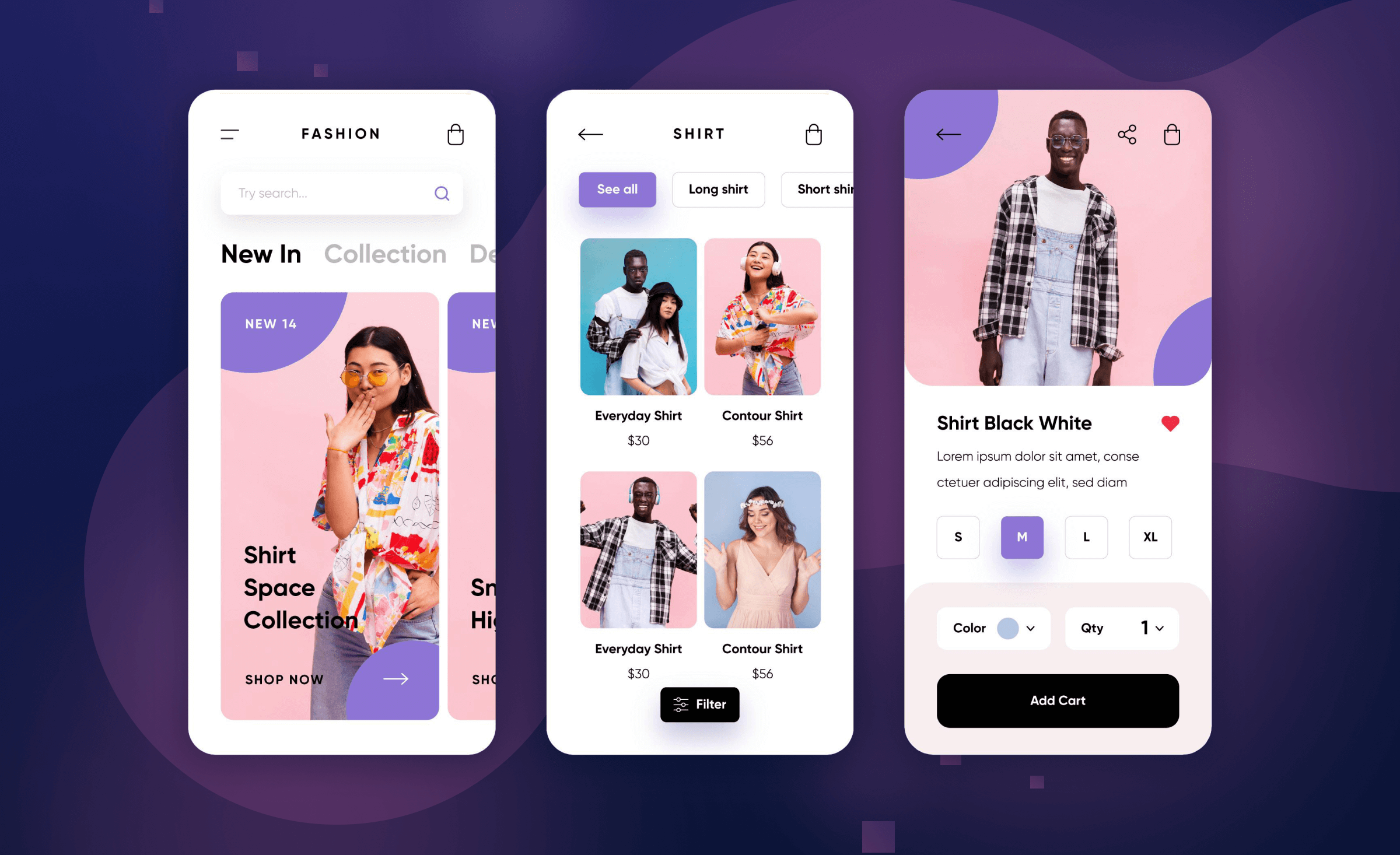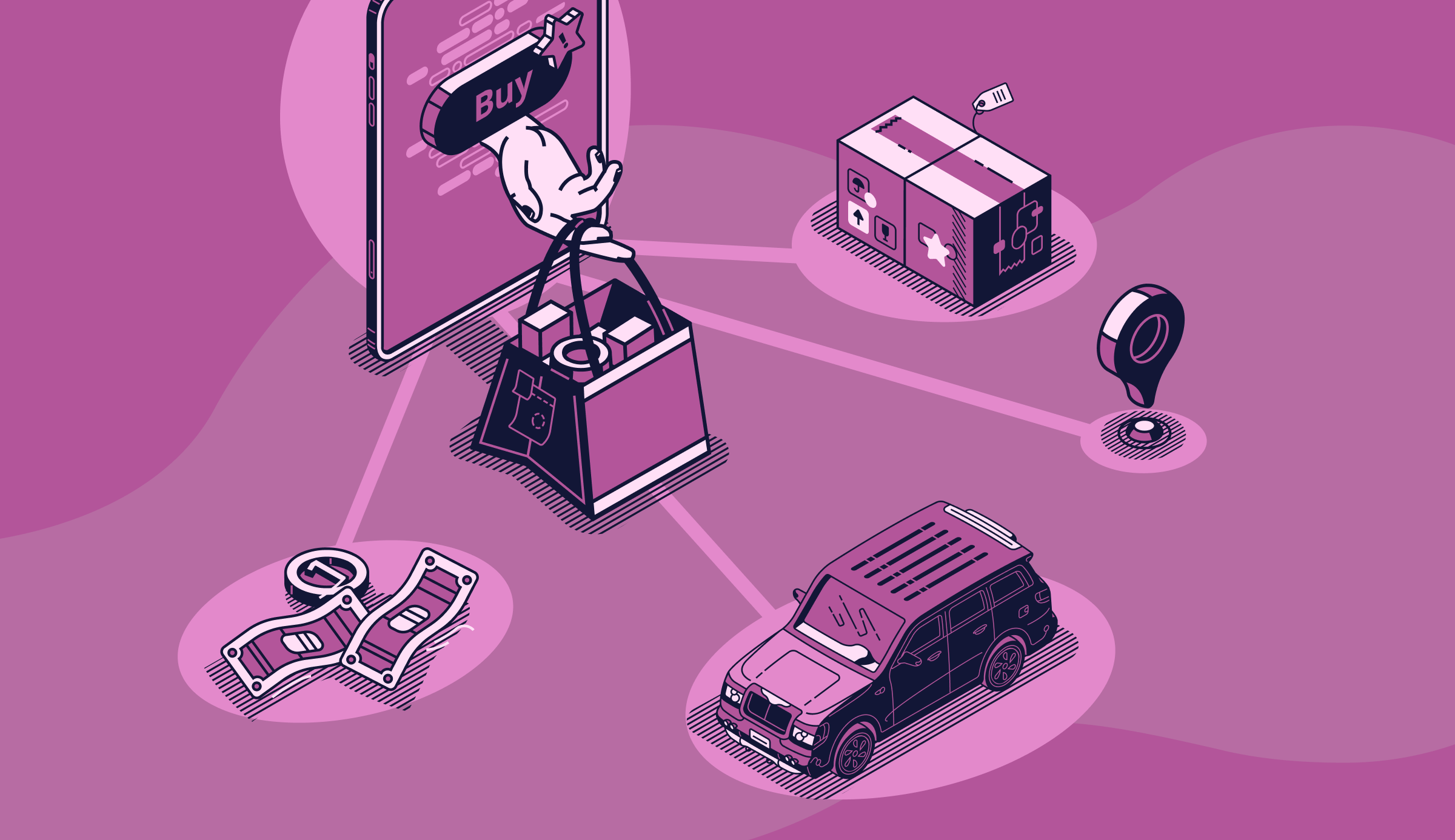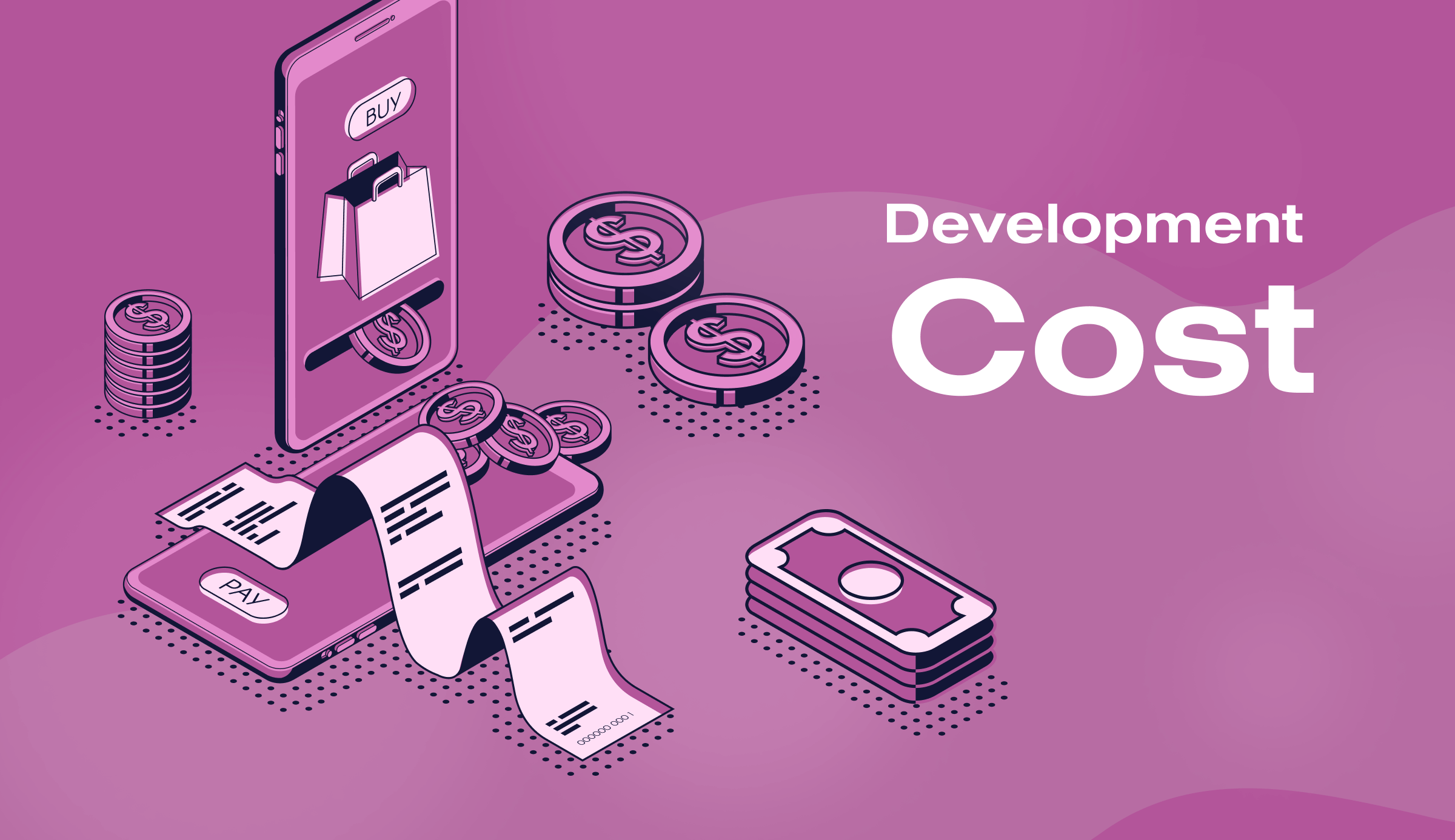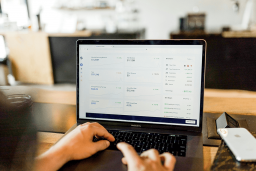E-commerce encompasses many different types of businesses and corporations and is becoming one of the most important aspects of the Internet. According to the Global E-commerce Sales Growth Report for 2021-2026, global e-commerce sales are expected to total $5.9 trillion worldwide in 2023. Owners of large, medium, and small e-commerce businesses are realizing that developing e-commerce mobile apps is necessary for scaling their businesses. By the way, m-commerce sales are projected to exceed $510 billion in 2023 and $710 billion in 2025.
This article will discuss the e-commerce app development process, team members, and how much it costs to develop.
Key points
- The e-commerce app development process
- Critical features to include in an MVP development stage: customer panel, vendor panel, admin panel
- What should be included in the customer, vendor, and admin panels?
- Essential team members for e-commerce app development
- How much does it cost to develop an e-commerce mobile app?
- Conclusion
The e-commerce app development process

Mobile commerce is becoming faster, safer, and more scalable every year, and the demand for mobile shopping is growing. An average user spends 3 hours and 15 minutes daily on a smartphone (as per Elite Content Marketer). Consequently, iOS or Android mobile app development is a prospective way to scale any e-commerce business.
Let`s discuss the e-commerce development process at the Soloway Tech team:
- Finding and gathering information. Before starting the e-commerce app development, our team must understand what needs to be done. Therefore, we analyze the niche, competitors, and target audience.
- Terms of reference for mobile app development. This step will help us avoid misinterpreting your requirements and developing an e-commerce mobile app that does not meet your requirements.
- Mobile app design. The design is developed in the form of ready-made mobile app screens with the required set of text and graphic elements. At your request, it is possible to develop multiple versions of the concepts.
- Mobile app functional development and implementation. Our programmers create your e-commerce mobile app with full functionality at this stage.
- Mobile app testing. Our testers check the code for bugs and fix them.
- Launch of the project. Your finished e-commerce app becomes available for use.
At Soloway Tech, we create scalable and efficient iOS and Android solutions with customized business logic, efficient design, and necessary integrations. Now let`s discuss what your e-commerce MVP should have.
Critical features to include in an MVP development stage: customer panel, vendor panel, admin panel

Developing customer, vendor, and admin panels as part of the Minimum Viable Product (MVP) is crucial for several reasons:
- Complete user experience. The customer panel provides the end users (customers) with a seamless shopping experience, allowing them to browse, search, add products to their shopping cart, and manage their orders. The vendor panel enables sellers to manage their products, inventory, orders, and customer communication. The admin panel empowers the platform administrators to manage users, products, orders, and other aspects of the e-commerce platform. Including all these panels in the MVP ensures a comprehensive user experience, catering to the needs of customers, vendors, and administrators.
- Validation of e-commerce business dynamics. E-commerce platforms typically involve interactions between customers, vendors, and administrators. By including all three panels in the MVP, you can validate the dynamics of your e-commerce business and ensure that the interactions between these stakeholders are smooth, efficient, and aligned with your business model. This allows you to gather feedback and insights on how customers, vendors, and administrators interact with the mobile app and make improvements accordingly.
- User feedback and iteration. Including customer, vendor, and admin panels in the MVP allows you to gather feedback from real users early in the development process. This feedback can help you identify pain points, usability issues, and other areas for improvement. By iterating on the feedback received from customers, vendors, and administrators, you can make informed decisions to enhance the user experience, streamline operations, and optimize the functionality of the e-commerce mobile app.
- Stakeholder engagement. Including all three panels in the MVP ensures that all stakeholders are engaged and can interact with the platform according to their roles and responsibilities. This helps build trust and foster engagement.
- Scalability and future development. Including customer, vendor, and admin panels in the MVP sets the foundation for future development and scalability. Once the core functionalities of the panels are validated and refined, it becomes easier to add new features, expand functionality, and scale the platform based on user feedback and market demand. This helps ensure the long-term viability and growth of the e-commerce mobile app.
As you can see, developing customer, vendor, and admin panels for MVP of the e-commerce mobile app is crucial.
What should be included in the customer, vendor, and admin panels?

It’s important to include critical features that provide value to all three main stakeholders: customers, vendors, and administrators. Here are some essential features to consider for each panel.
Customer panel:
- User registration and authentication. You must allow customers to create accounts, log in securely, and manage their profile information.
- Product catalog. You must display a wide range of products with relevant details, such as images, descriptions, prices, and ratings.
- Shopping cart. You must enable customers to add products to their cart, view the cart, and proceed to checkout.
- Payment integration. You must integrate with popular payment gateways to enable secure and seamless online transactions.
- Order history. You must allow customers to view their order history, track shipments, and manage returns or refunds.
- Search and filters. You must provide search functionality and filters to help customers find products easily.
- Wish list/favorites. You must allow customers to save products to a wish list or favorites for future reference.
- Push notifications. You must send notifications to customers for order updates, promotions, or discounts.
Vendor panel:
- Vendor registration and authentication. You must allow vendors to sign up, create profiles, and manage their products.
- Product management. You must enable vendors to add, edit, and delete products, manage inventory, and set prices.
- Order management. You must provide a dashboard for vendors to view and manage orders, track shipments, and process returns.
- Reporting and analytics. You must provide insights and reports on sales, inventory, and customer data to help vendors make informed decisions.
- Payment and payouts. You must integrate with a payment system to facilitate vendor payouts for successful sales.
Admin panel:
- Dashboard and analytics. You must provide an overview of key metrics, such as sales, revenue, and user activity.
- User management. You must enable admins to manage users, including customers and vendors, and handle user accounts, access control, and moderation issues.
- Product management. You must allow admins to manage products, including adding, editing, and deleting products, as well as moderating product content.
- Reporting and analytics. You must provide detailed reports and insights on various aspects of the e-commerce mobile app, such as sales, revenue, customer behavior, and inventory.
- Promotion and discounts. You must allow admins to create and manage promotions, discounts, and coupons to attract customers and boost sales.
- Content management. You must enable admins to manage static and dynamic content on the application, such as banners, images, and product categories.
These customer, vendor, and admin panel components should be prioritized based on the unique needs of your target audience and business model.
Essential team members for e-commerce app development
Developing an e-commerce app requires a skilled team with diverse expertise to ensure a successful and efficient development process. The essential team members for e-commerce app development typically include:
- Project manager
- UI/UX designer
- Front-end developers
- Back-end developers
- Mobile app developers
Depending on the scope and complexity of the e-commerce app, we at Soloway Tech attract additional team members such as a product manager, quality assurance (QA) tester, database administrator (DBA), DevOps engineer, security expert, business analyst, content writer, marketing expert, etc. We have a well-rounded, experienced team with expertise in different areas to ensure successful e-commerce app development.
How much does it cost to develop an e-commerce mobile app?

Here are some estimated ranges for the cost of developing an e-commerce mobile app:
- Simple e-commerce app. A basic e-commerce app with limited features, simple UI/UX design, basic product browsing, search, checkout functionalities, and minimal back-end integration costs between $10,000 and $30,000.
- Mid-range e-commerce app. An e-commerce app with moderate features and functionalities, more complex UI/UX design, advanced product browsing, search, cart management, payment gateway integration, push notifications, and other features costs between $30,000 to $100,000.
- High-end e-commerce app. A feature-rich e-commerce app with advanced features and functionalities, complex UI/UX design, third-party integrations, multiple payment gateways, user profiles, social media integration, order management, and other advanced features costs $100,000 or more.
These are rough estimates, and the actual cost can vary significantly depending on the specific requirements of the e-commerce app, the location, the experience of the development team, etc.
Conclusion
If you need to develop an e-commerce mobile app, we are happy to help you make a comprehensive assessment and start development as soon as possible. Leave a request on our website, and our manager will contact you!




